Children come and go, but they're never the same! When you've survived the arrival of your first child, you tell yourself that - on the strength of this experience - you're ready for the arrival of a new child that will definitively seal your status: with the first child you become a parent, with the second you become a real family, and with the third you become a large family! The arrival of the youngest brings its own new challenges that we'll have to manage (but of course, in the end, it's all good fun...).
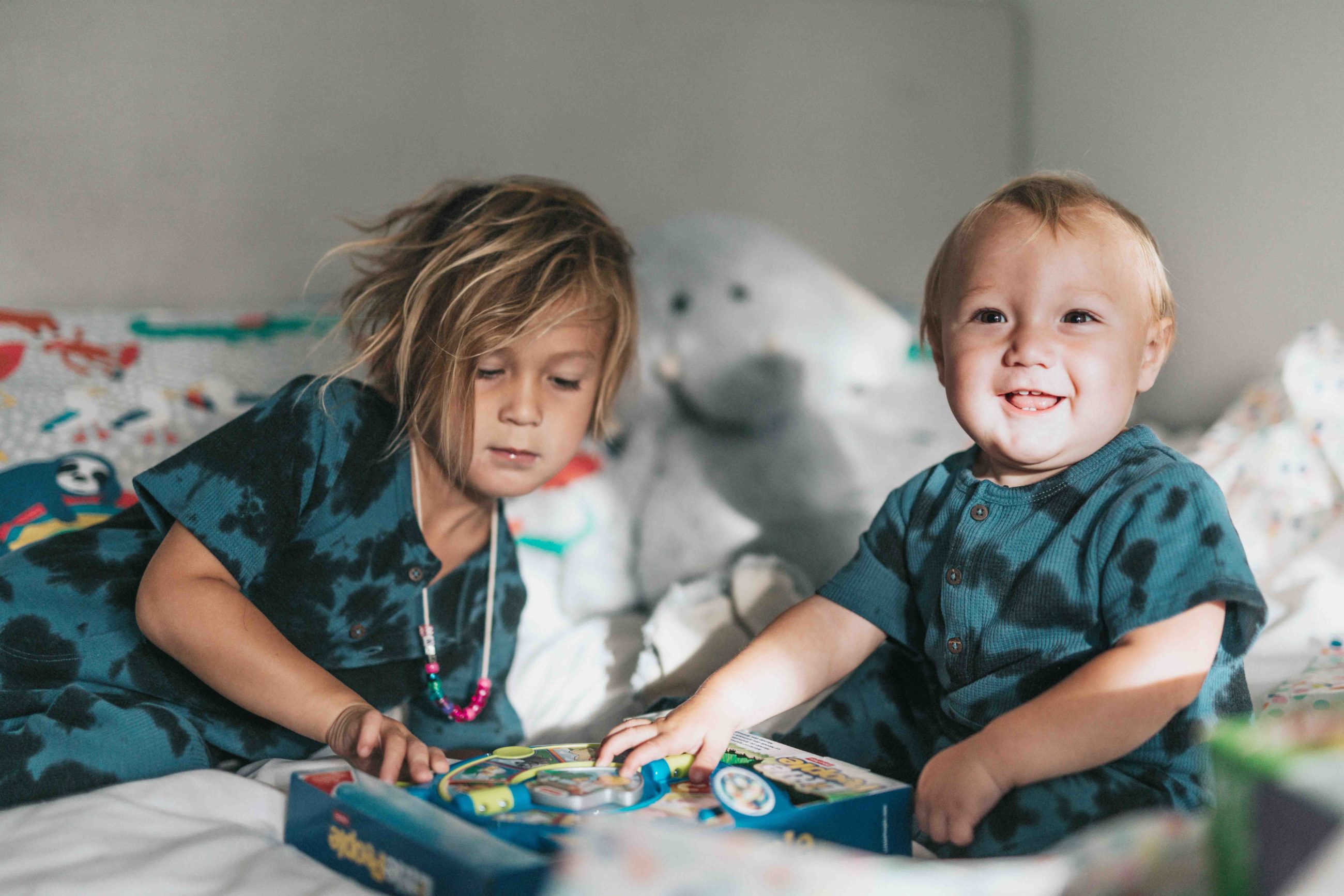
We know what we're leaving behind, but we don't know what we'll find again
It's important to remember that the experience of a first child is and will remain unique: firstly, because it's a phase of discovery and extremely intense learning. If we continue to learn with subsequent children, however, we are less naive and innocent. You're more reassured, because you know where you're going, but also more anxious, because you're more aware of the risks involved, and you're more likely to anticipate complicated phases, and so on. It's the end of innocence, and that's going to have a major influence on how we approach this new pregnancy, whether consciously or unconsciously. With each new child, everything is redefined. Sometimes we feel ready because we've found a balance with our eldest and everything's running smoothly. However, the arrival of a new child will turn the family pattern upside down: you'll never have a first child again, nor a second, and so on. Each of these new births needs to be approached with the understanding that it's unique, and that it's going to mean reshuffling the cards no matter what.
The mothers' hearts are multiplying, but the days are still 24 hours long and we still only have 2 arms.
Ah, the first child...! He gets all our attention. When we can't take it anymore, we hand over to Dad. At night, we take turns getting up. We travel and carry him around with his changing bag. When he needs something, we're always available. At the restaurant, if things aren't going well, we give him a hug. And then there's the second child. We start to form teams: the seniors' team and the baby team. " You prepare the food while I give the baths." I've got the diapers and wipes for the little one, and you've thought of the big girl's cap." Does everyone have a cuddly toy?" The baby wants to suckle, but I have to pick up his brother from school in 15 minutes." Havingone child is like learning to catch a ball; having several is like learning to juggle! This is how you learn to manage priorities and put things into perspective: one of the kids didn't have a bath? Too bad! We'll have to postpone mealtime? No problem! This doesn't mean you have to relax on all fronts, but simply choose your battles.
Jealousy: myth or reality?
Many parents think that their elders need to be prepared for the arrival of their new baby. It's important to talk about it and involve the elders in this new family adventure, but it's not usually at birth that jealousy is felt. A baby is cute, but it doesn't take up too much space and doesn't do anything extraordinary. There's also the pride of being the big guy, of knowing how to do things the other doesn't know anything about! And then, one day, the baby starts walking, picking up toys and talking, and the more it develops, the more the parents are ecstatic. And that's when it usually starts. So it's really important to pay attention to these signs, and not to tell yourself that everything's fine because your eldest gave the baby a kiss on the day he or she arrived. The parallel of the new wife is very telling when it comes to understanding how the child feels: if one day your partner came in and said he'd found a new partner (but that didn't change anything, he still loved you just as much), how would you feel? At first, you'd be fine, because basically you don't think she's very pretty, and she doesn't know how to do much. Then one day your partner says, "Wow, have you seen what she can do? She's so beautiful, isn't she? Sure, you think she's nice, funny and even cute, but it drives you crazy to hear that, doesn't it? Some children won't express this as intensely as others, but you simply have to understand that it's a complex situation for them to handle.
In practical terms, what do you do when they argue and get jealous?
If you don't think you're capable of being your partner's second companion, it may seem complicated to ask a child to share their parents. First of all, it's important to change the objective: you're not going to be able to force them to get along, but you're going to try to make the situation livable (and enjoyable) for everyone.
So how do you go about it?
- We avoid denying the child's feelings: if he says he hates it, we don't say "No, you love it!"; if he says he's angry because his brother stole a toy, we don't say "But you can lend it to him! Simply acknowledging the feeling is a way of calming it down: "Okay, I totally understand why that makes you angry".
- We set clear limits: "You can be jealous, angry, sad, but you mustn't hit".
- We don't take sides: that's the basic rule. In fact, we tend to take sides according to our own place in the family. " He's little, let him be" if you were the youngest, or "he's the eldest, he knows what he's doing" if you were the oldest. So don't judge, just let everyone have their say.
- We teach them to see what they have rather than what the other has had: children are the kings of comparison! They can count French fries, vegetables, kisses... EVERYTHING! Subtly, we teach them to see what they've got rather than what they haven't: when they start to compare, don't try to rationalize and subtly move on to other things, talking about subjects that make the one who complained feel better. " So I heard you did really well in athletics at school today? And bam, he's already forgotten that his brother got 8 fries and he got 7. In particular, with 3 or more children, it becomes very complicated to balance the scales, so moving on is a lifesaver.
- We give them the tools to resolve disputes: as they get older, we try to give them the tools to manage conflicts themselves. First of all, they need to be able to express their feelings : "I'm angry that you took my train", and say what they would have liked : "I'll lend it to you, but ask me first". In 80% of cases, dialogue will lead to a solution. When it's more complicated, you can use tools like the wheel of choices, or apply a kind of ultimatum where they're on an equal footing: "You'll leave the room when you've found a solution that suits everyone". They soon learn to take advantage of their differences, rather than focusing on comparison.
Finally, it's important to remember that things evolve, and childhood relationships are no guarantee of a harmonious and complicit relationship in adulthood (and vice versa). The arrival of each new child is a learning experience for all family members: the most important thing is to consider each birth as unique, and above all to keep communication open, so that everyone can express their feelings and find their place.


Diane Lapaque
Mom of Esteban, Maël and Noé
Co-founder and Director of1,2,3 kiD
Instagram : @123kid.club
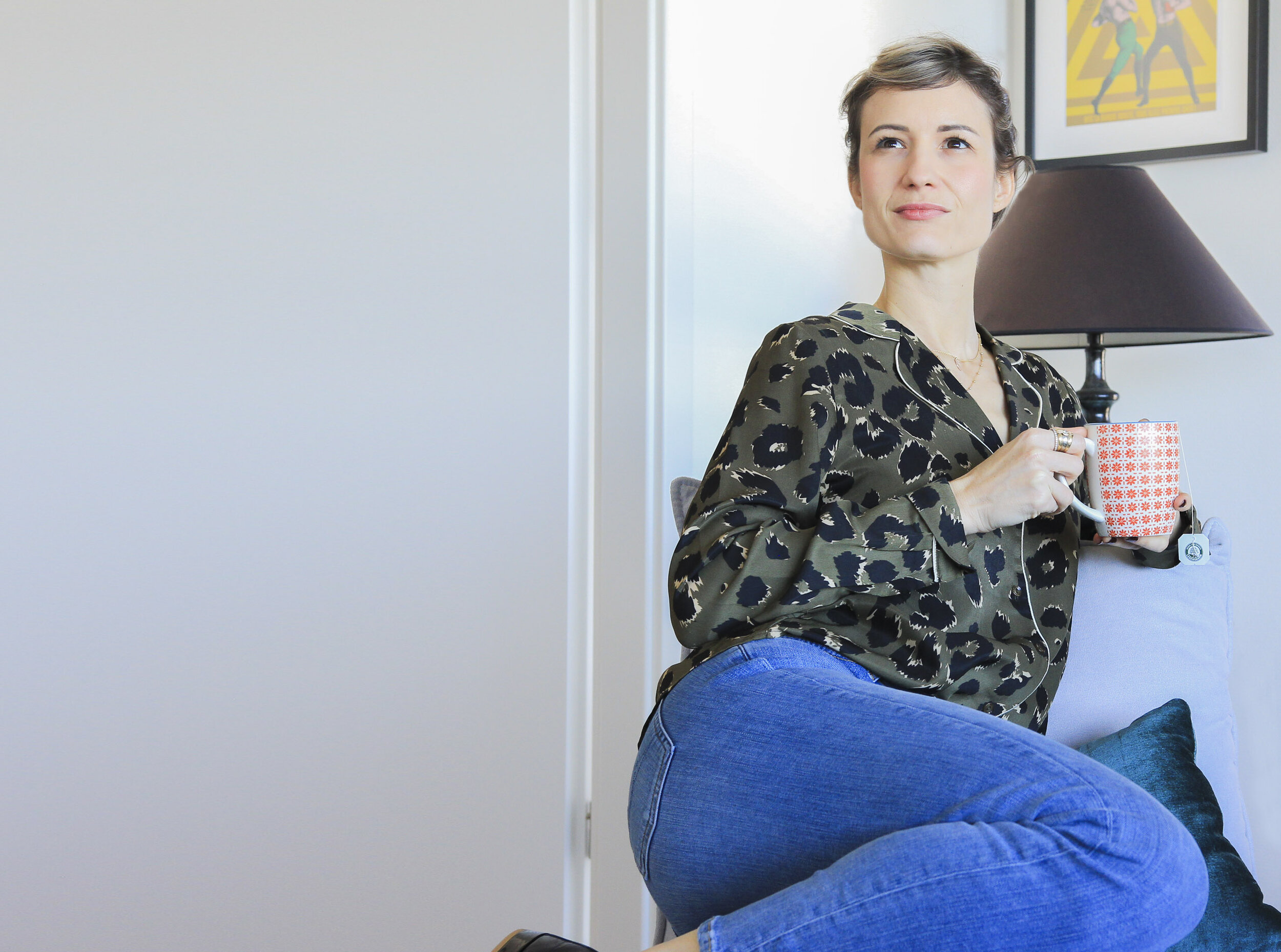
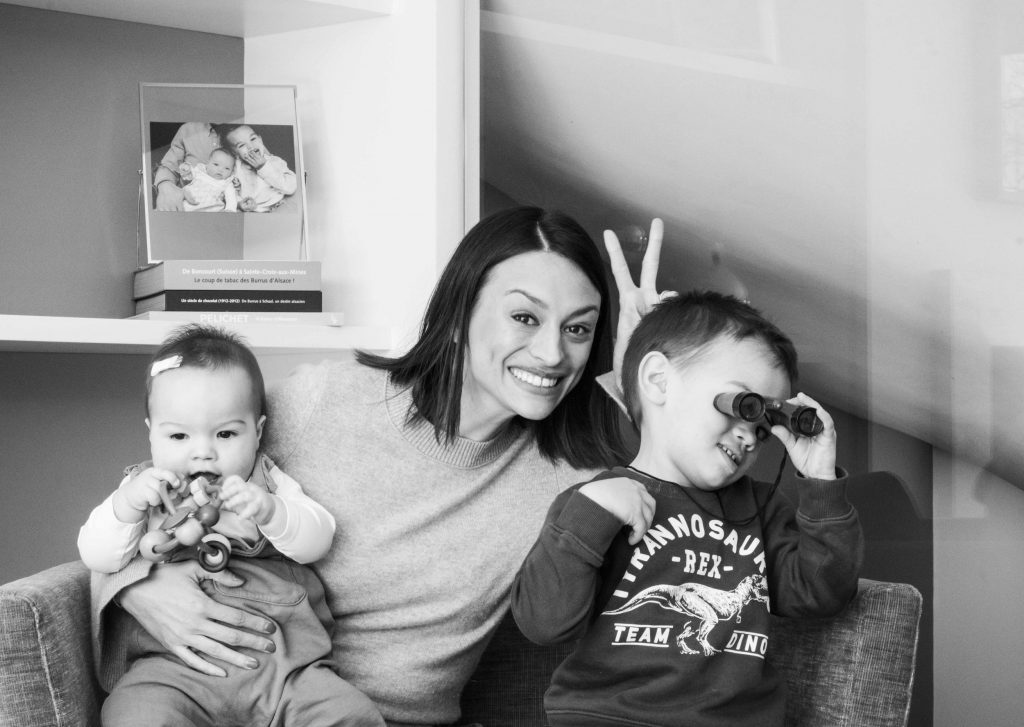


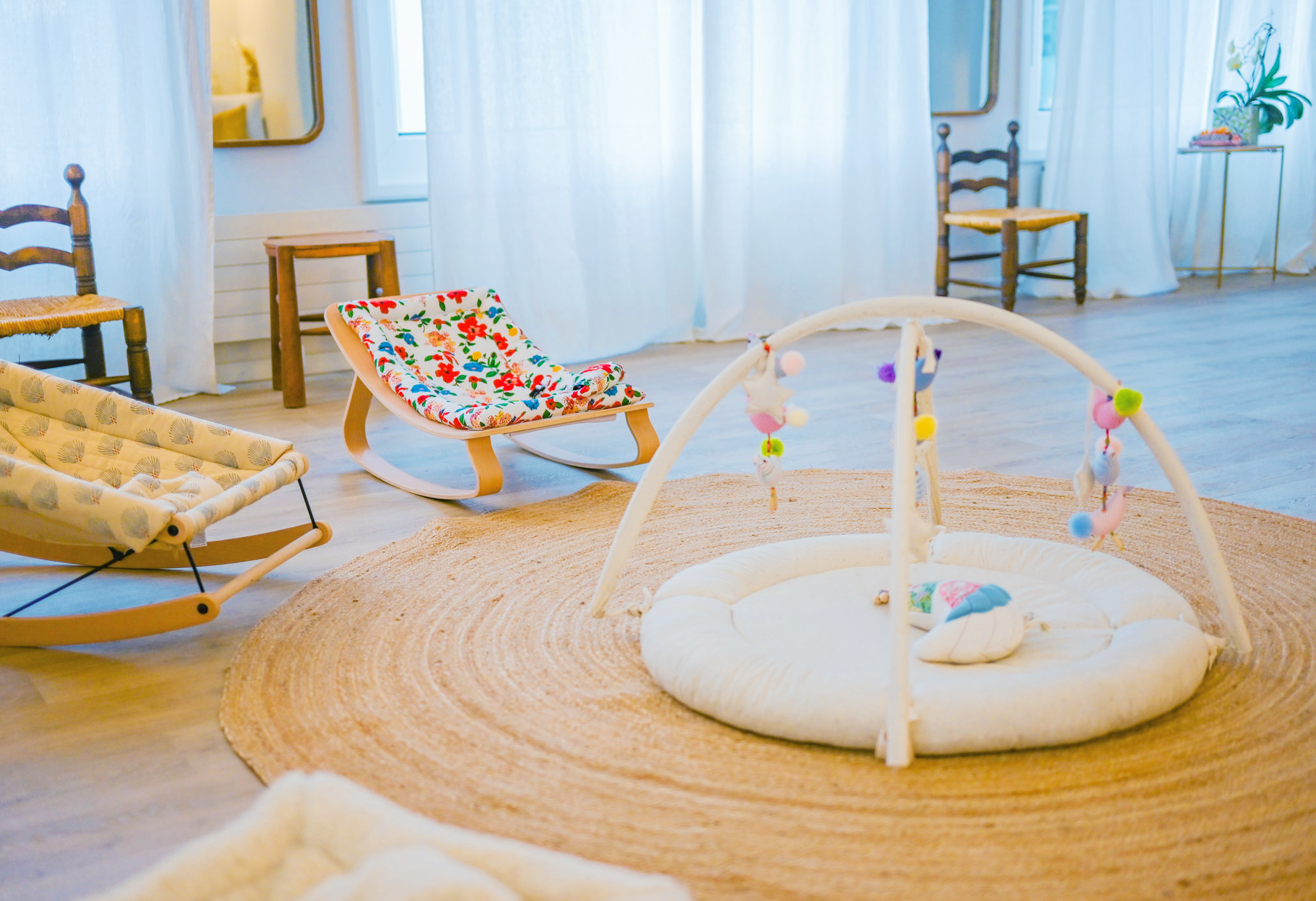

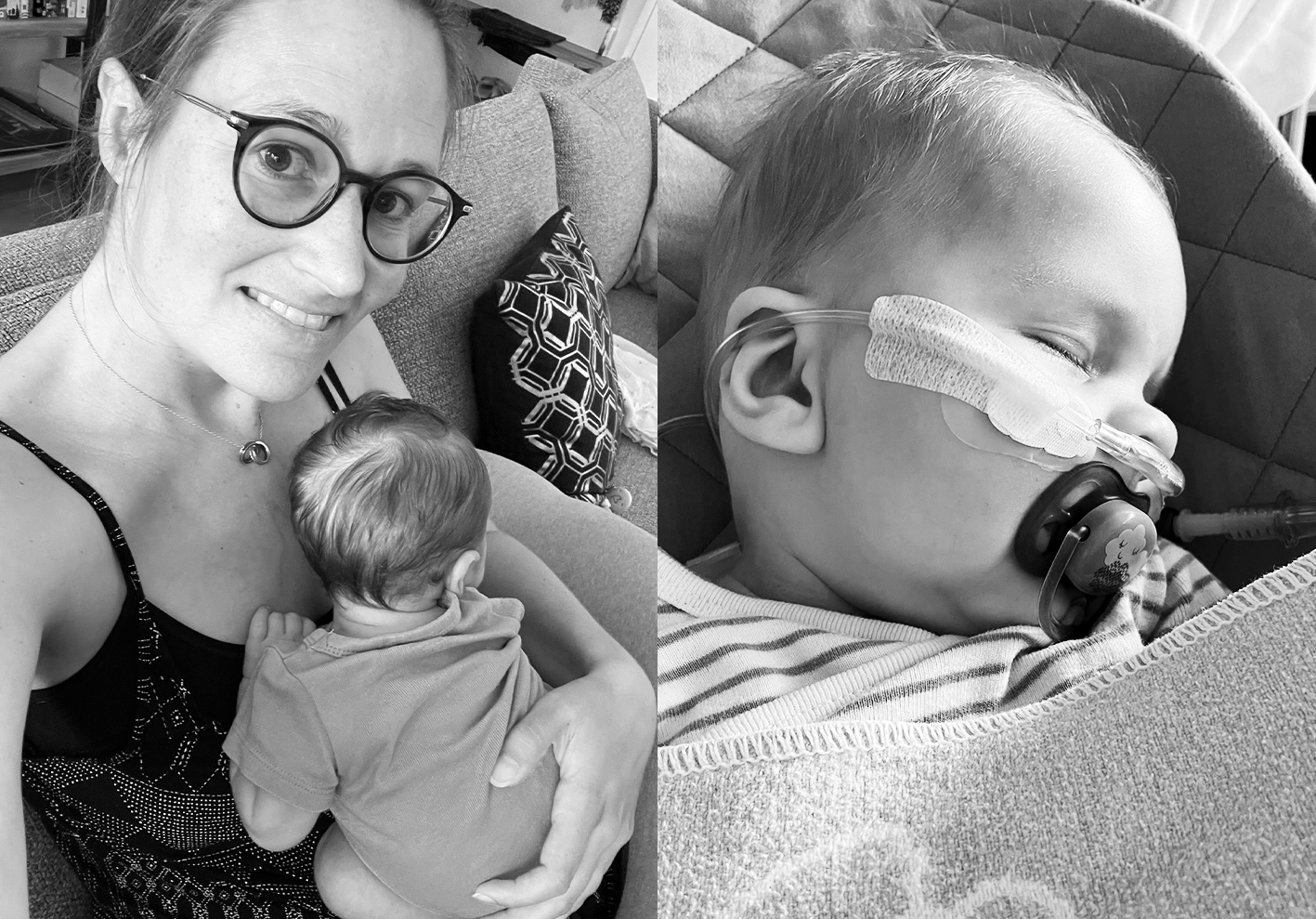

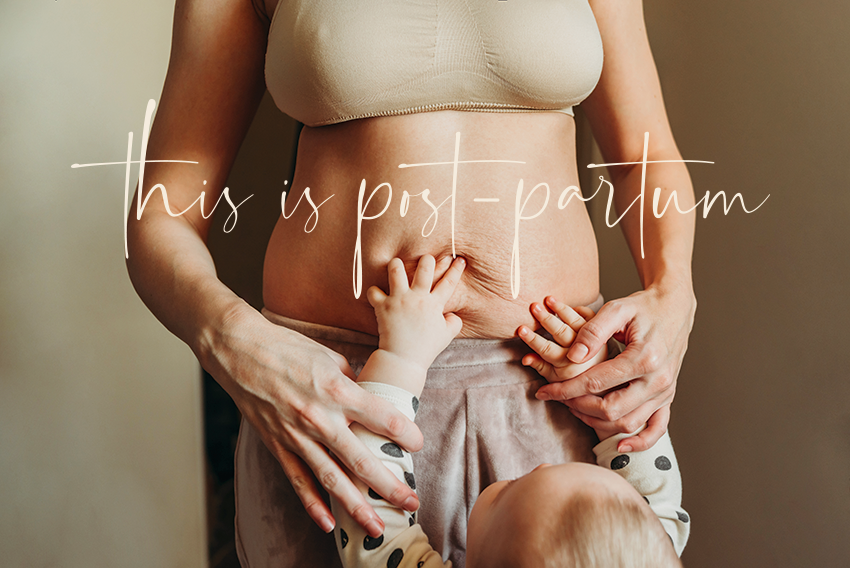

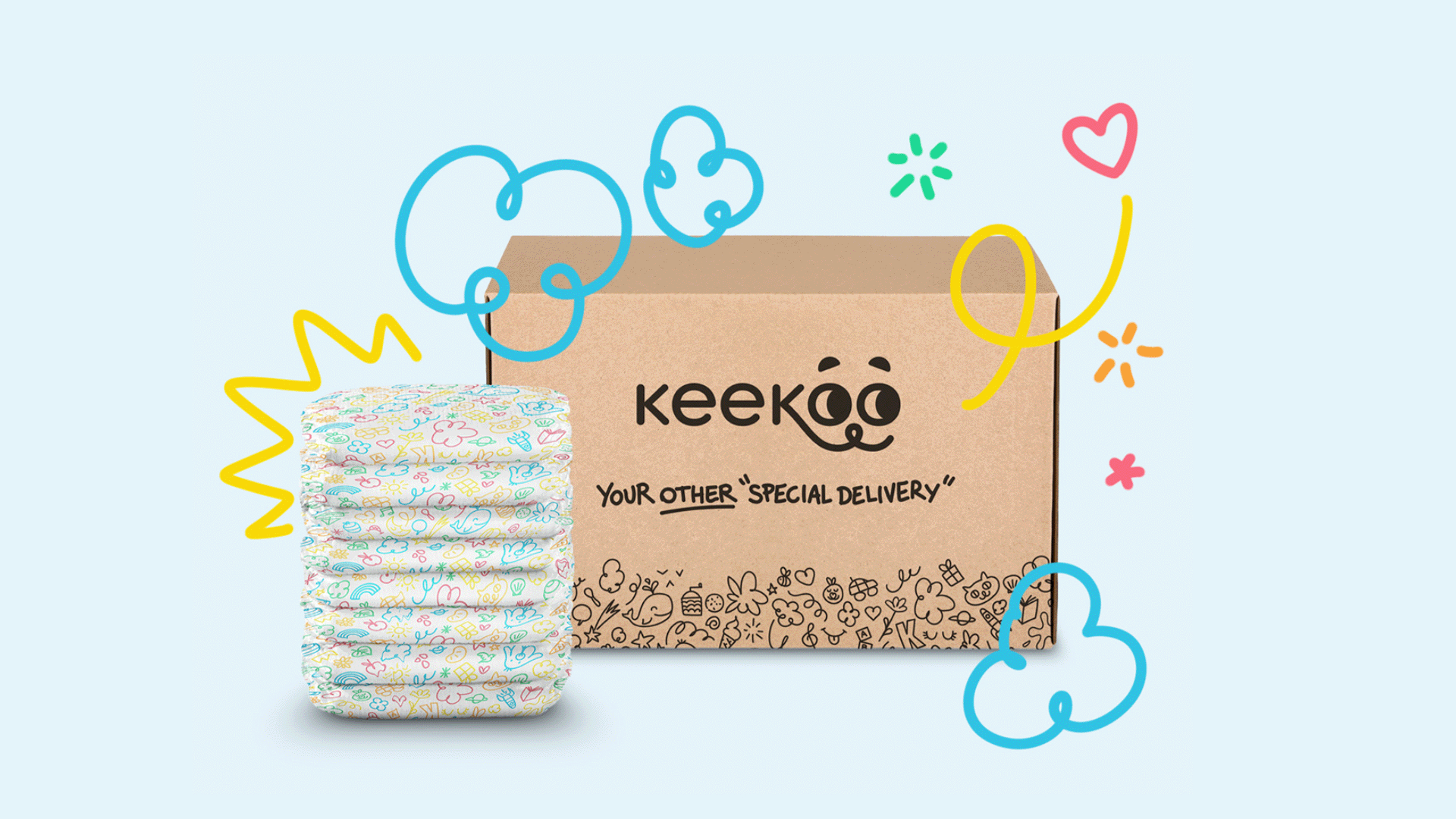

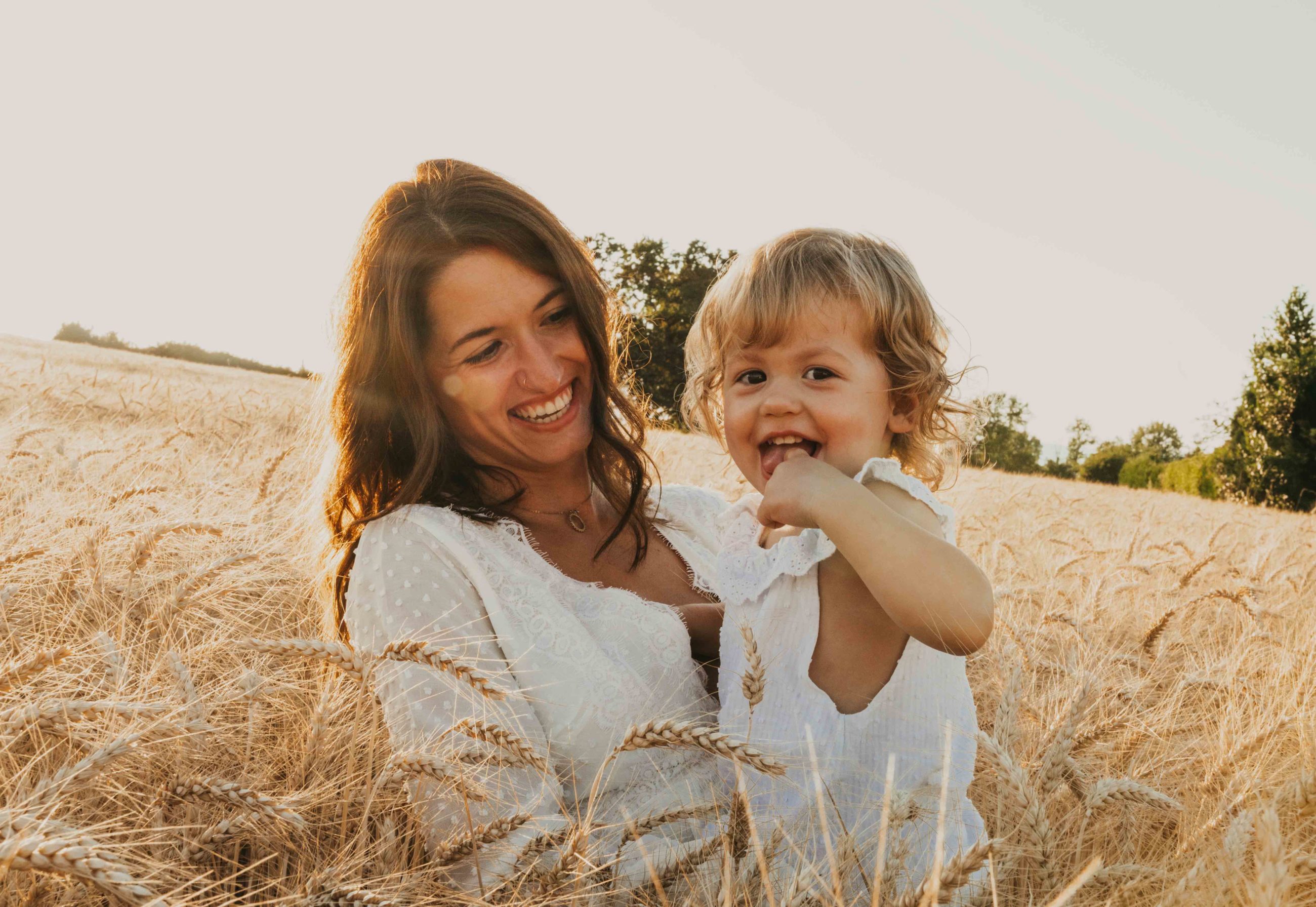




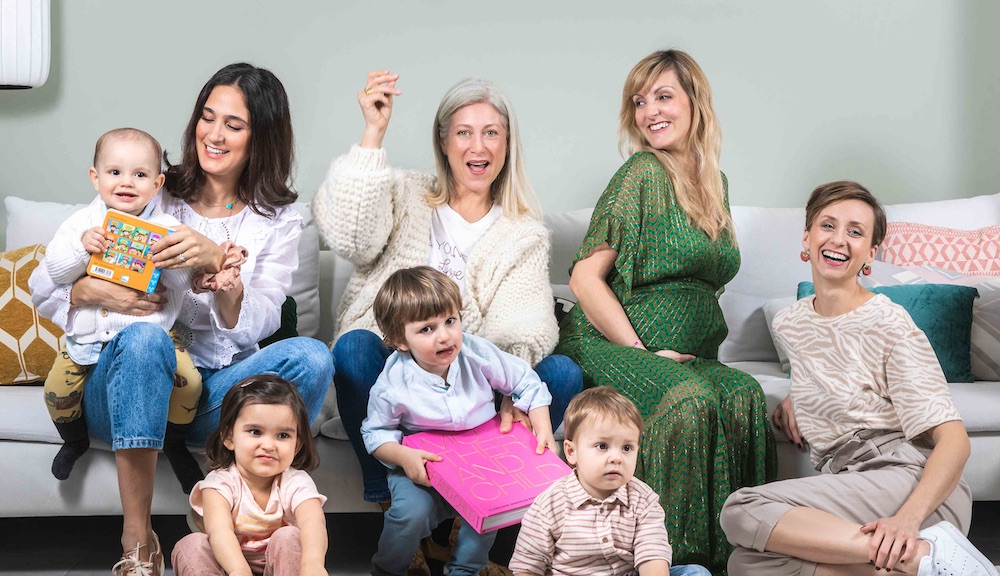


Share this article